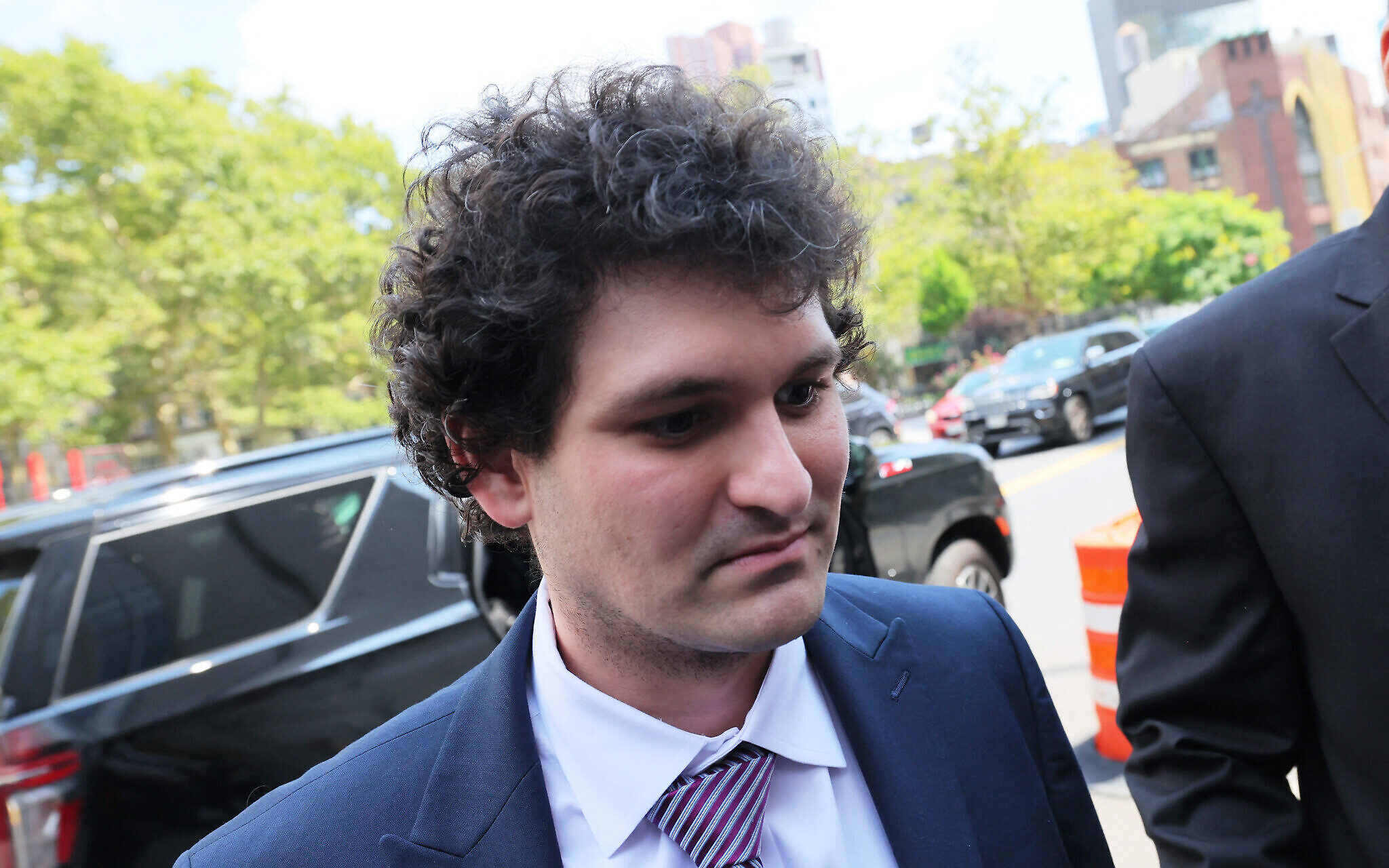The cryptocurrency sector may face less scrutiny as Republican President-elect Donald Trump prepares to reshape policies at the Justice Department and regulatory agencies, according to current and former senior government lawyers who spoke at a conference in New York on Friday.
Financial fraud cases will still move forward, but Trump’s administration plans to prioritize areas like immigration enforcement, a key campaign focus. Scott Hartman, co-chief of the securities and commodities task force at the U.S. Attorney’s Office in Manhattan, said the office will allocate fewer resources to policing cryptocurrency crimes.
“We brought a lot of big cases in the wake of the crypto winter—there were a lot of important fraud cases to bring,” Hartman said at the Practising Law Institute conference. “But we know our regulatory partners are very active in this space, and we don’t have a lot of people.” He noted that while the office would not ignore crypto-related cases, fewer prosecutors are assigned to these matters compared to 2022, when the collapse of digital asset prices triggered widespread investigations.
Hartman’s comments came a day after Trump announced plans to nominate Jay Clayton, the former U.S. Securities and Exchange Commission (SEC) chair, as the new U.S. attorney for Manhattan. Clayton, who led the SEC during Trump’s first term, had pursued some cryptocurrency-related cases but adopted a less aggressive approach than current SEC Chair Gary Gensler.
Trump also pledged to remove Gensler, whose tenure has involved high-profile litigation against major cryptocurrency firms, including Coinbase and Binance, for failing to register with the agency. Many cryptocurrency executives supported Trump’s campaign, believing Gensler’s regulatory actions went too far.
The Commodity Futures Trading Commission (CFTC), which began addressing crypto-related cases in 2015, saw digital assets grow to nearly half of its enforcement docket by 2022, according to CFTC enforcement director Ian McGinley. However, McGinley expressed uncertainty about whether the trend would continue under the new administration, stating, “To the extent there’s fraud and manipulation in those markets, we’ll continue to be active.”
Shift Toward Immigration Enforcement
Beyond cryptocurrency enforcement, the U.S. Attorney’s Office in Manhattan is renowned for pursuing high-profile financial crime and corruption cases. However, legal experts predict that the Justice Department may redirect significant resources toward immigration enforcement under Trump.
Steve Peikin, who led SEC enforcement under Clayton, described Clayton as a “great choice” for the Manhattan role but anticipated shifts in departmental priorities. “There could be a reallocation of substantial resources to immigration enforcement,” said Peikin, now a partner at Sullivan & Cromwell.
Hartman acknowledged the president’s right to set enforcement priorities but emphasized the importance of maintaining resources to combat financial fraud. “I don’t have a ton of people right now,” he said, referring to the 16 prosecutors in his securities and commodities unit. “I hope they don’t trim it more.”

